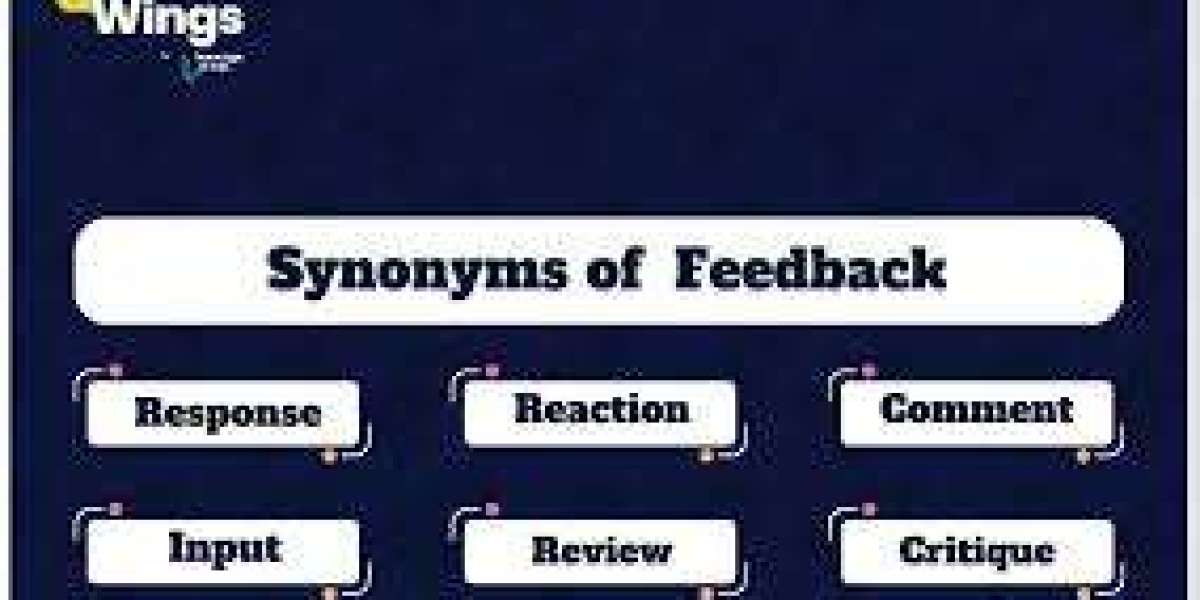In the fast-paced world of work, we often focus on actions: taking initiative, completing tasks, and delivering results. But what about the space between those actions? Our reactions, the seemingly small decisions on how we synonymous with feedback to situations, colleagues, and challenges, hold immense power in shaping our work experience and ultimately, our success.
The Ripple Effect of Reactions
Imagine a pebble dropped into a still pond. The initial impact creates ripples that spread outward, affecting the entire surface. Similarly, our reactions at work, whether positive or negative, have a ripple effect. They influence not just ourselves, but also our team dynamics, communication, and overall work environment.
For example, receiving critical feedback can trigger a defensive reaction. We might become argumentative, shutting down the opportunity for learning and growth. However, a thoughtful and composed response, acknowledging the feedback and seeking clarification, fosters a culture of open communication and trust.
Harnessing the Power of Positive Reactions
The good news is that we can cultivate a conscious approach to our reactions. Here's how to harness the power of positive reactions to empower your work:
- Pause and Reflect: In the heat of the moment, it's easy to react impulsively. Take a deep breath before responding. This pause allows you to consider the situation and choose a response that aligns with your goals and values.
- Embrace the Growth Mindset: View challenges and setbacks as opportunities to learn and improve. When faced with a difficult situation, ask yourself, "What can I learn from this?" This approach fosters resilience and a positive outlook.
- Practice Gratitude: Acknowledge the good things, both big and small. A grateful heart fosters positivity and boosts motivation, leading to a more fulfilling work experience.
- Focus on Solutions: Instead of dwelling on problems, adopt a solution-oriented mindset. This proactive approach positions you as a problem-solver and inspires others to do the same.
- Communicate Effectively: Clear, concise, and respectful communication is key to positive reactions. Actively listen to understand, and express your thoughts and feelings in a constructive manner.
Building a Culture of Positive Reactions
The power of positive reactions goes beyond individual benefits. Here's how to create a work environment that fosters positive reactions:
- Lead by Example: Leaders set the tone for the workplace. By demonstrating positive reactions themselves, leaders encourage a similar approach from their teams.
- Promote Open Communication: Encourage open and honest communication. When team members feel comfortable expressing themselves, it fosters trust and understanding.
- Focus on Appreciation: Recognize and celebrate good work, both individual and team achievements. Appreciation motivates employees and strengthens team bonds.
- Create a Safe Space for Feedback: Cultivate a culture where constructive feedback is seen as an opportunity for growth and not a personal attack.
The Takeaway: Intentionality is Key
Our reactions are not merely reflexes; they are conscious choices. By cultivating a deliberate and positive approach to responding, we can empower ourselves and create a work environment that fosters creativity, collaboration, and success. Remember, the power to shape your work experience lies not just in your actions, but also in your reactions. Choose to synonym of feedback with purpose, and watch your work flourish.








